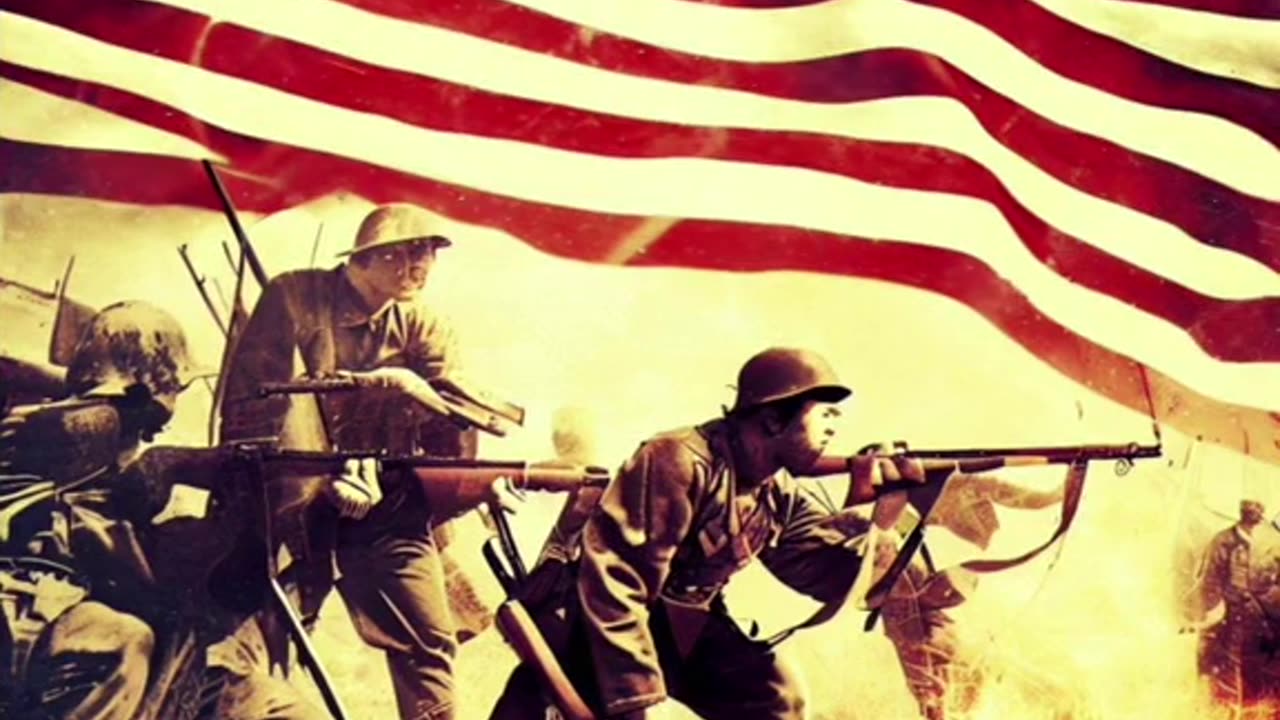Premium Only Content

Spying in The Cold War - By Steven Magallanes
Ladies and gentlemen, esteemed faculty members, and fellow students,
Today, I stand before you to delve into a pivotal period of history that shaped the global landscape for several decades—the Cold War. This prolonged ideological and geopolitical struggle between the United States and the Soviet Union had a profound impact on politics, society, and culture across the globe. To truly understand the Cold War, we must explore its origins, major events, and lasting consequences.
Let us begin by examining the origins of the Cold War. Following World War II, the world found itself divided into two opposing camps—the capitalist Western bloc led by the United States and the communist Eastern bloc led by the Soviet Union. The clash between these two superpowers was primarily driven by ideological differences, with capitalism and democracy on one side and communism on the other. The mistrust and competition for global dominance became the foundation for the ensuing Cold War.
As tensions escalated, several key events unfolded. One of the most notable incidents was the Berlin Blockade and Airlift. In 1948, the Soviet Union blockaded West Berlin, attempting to cut off supplies and force the Western Allies out of the city. In response, the United States and its allies launched a massive airlift operation, supplying West Berlin with food, fuel, and other essential goods. This event not only showcased the determination of the Western powers but also symbolized the division between East and West.
Another significant episode was the Cuban Missile Crisis of 1962. The placement of Soviet nuclear missiles in Cuba prompted a direct confrontation between the United States and the Soviet Union. For thirteen tense days, the world stood on the brink of nuclear war. Fortunately, through careful diplomacy and negotiations, a peaceful resolution was reached, with both sides agreeing to remove their missiles. This crisis underscored the dangers of nuclear weapons and the need for improved communication and de-escalation between the superpowers.
While these events capture the essence of the Cold War, it is crucial to acknowledge the broader impact it had on society. The arms race between the United States and the Soviet Union led to the development of an extensive arsenal of nuclear weapons, fostering a constant state of fear and insecurity worldwide. Additionally, the Cold War served as a backdrop for numerous proxy wars, such as the Korean War and the Vietnam War, where smaller nations became battlegrounds for the superpowers' competing ideologies.
Furthermore, the Cold War influenced various aspects of culture and everyday life. It permeated literature, films, and art, reflecting the anxieties and tensions of the era. The space race, driven by the rivalry between the United States and the Soviet Union, led to significant scientific advancements and culminated in the Apollo 11 moon landing in 1969—a moment of human achievement that transcended political boundaries.
As we reflect on the consequences of the Cold War, it becomes evident that its legacy persists to this day. The world witnessed the dissolution of the Soviet Union in 1991, marking the end of the Cold War era. However, the geopolitical ramifications and ideological struggles continue to shape contemporary international relations. The impact of the Cold War can be seen in the ongoing conflicts in the Middle East, the strained relations between Russia and the West, and the enduring significance of nuclear weapons on the global stage.
In conclusion, the Cold War was a complex and multifaceted period defined by intense ideological rivalry and geopolitical maneuvering. From its origins to its lasting consequences, this era had a profound impact on the world we inhabit today. As students of history, it is crucial to understand the lessons learned from the Cold War, emphasizing the importance of diplomacy, dialogue, and cooperation in resolving conflicts and fostering a more peaceful and prosperous world.
Thank you.
-
 2:52:04
2:52:04
Nobodies Gaming
8 hours ago $4.94 earnedNobodies Rumble Gaming TEST STREAM 2.0
53.4K3 -
 1:00:36
1:00:36
Talk Nerdy 2 Us
8 hours agoDigital Surveillance, TikTok Shutdowns & The Hackers They Don’t Want You to Know About!
44K2 -
 3:08:37
3:08:37
SpartakusLIVE
10 hours agoDelta Force || Tactical, Strategic, HARDCORE
51.5K2 -
 3:32:05
3:32:05
I_Came_With_Fire_Podcast
14 hours agoTRUMP GUILTY Verdict, LA Fires, New American EXPANSIONISM, and Cyber Truck Updates!!
27.6K13 -
 1:26:05
1:26:05
Glenn Greenwald
11 hours agoGOP Senators Demand Tulsi Support Domestic Surveillance To Be Confirmed; Group Tracks IDF War Criminals Around The World; System Pupdate: Pointer's Determination To Survive | SYSTEM UPDATE #387
126K70 -
 57:27
57:27
Flyover Conservatives
1 day agoHealthy People Are Ungovernable: The Secrets They Don’t Want YOU to Know - Tracy Beanz | FOC Show
64.8K7 -
 8:36:11
8:36:11
Dr Disrespect
18 hours ago🔴LIVE - DR DISRESPECT - DELTA FORCE - INTENSE SITUATIONS ONLY!
255K27 -
 4:01:30
4:01:30
Nerdrotic
14 hours ago $36.37 earnedHollywood National DISASTER! Studios Terrified, Star Wars FAIL | Friday Night Tights 336 w Raz0rfist
152K51 -
 2:52:10
2:52:10
Edge of Wonder
13 hours agoLA Fires: Biblical Inferno as Hollywood Burned Down
51.4K20 -
 12:35
12:35
China Uncensored
12 hours agoHas the Coverup Already Begun?
63K31